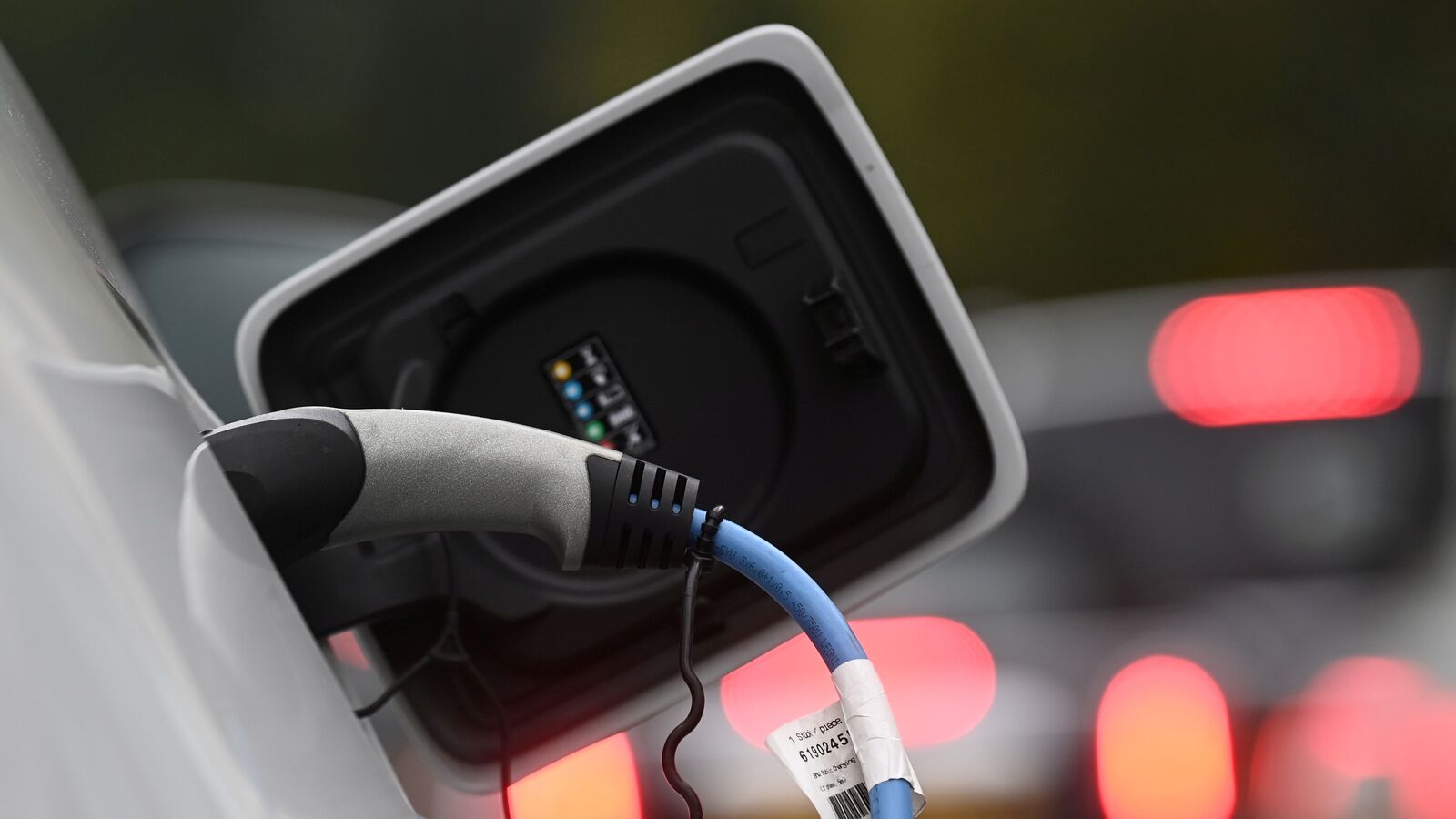- Fuel pumps, previously simple addresses for petrol and diesel, are now transforming into more, much more.
The rise of electric vehicles (EVs) is reshaping not just the roads we drive on but also the very concept of the traditional fuel station. To thrive in this new era, fuel stations are undergoing a significant transformation, embracing business models that cater to the growing needs of EV owners.
One of the key changes is the addition of EV charging stations alongside traditional fuel pumps. Rather than replacing liquid fuel pumps, many fuel stations are opting to incorporate electric charging facilities, offering both options to customers. This move is evident globally, with oil companies in India, for example, increasingly offering EV charging facilities at petrol pumps.
According to data from the petroleum and natural gas ministry, the number of petrol pumps with EV charging facilities in India has more than doubled from 6,700 in March of 2023. These new-age energy stations now offer a range of services including petrol, diesel, compressed natural gas (CNG), compressed biogas (CBG), and EV charging, reflecting a shift towards more diversified offerings.
Also Read : Does India have adequate EV charging infrastructure? Key challenges
Indian Oil Corporation Limited (IOCL), Hindustan Petroleum Corporation Limited (HPCL), Bharat Petrol Corporation Limited (BPCL) are leading this charge, with plans to expand the number of EV charging facilities at petrol pumps to 22,000 in the coming years. IOCL aims to have 10,000 charging facilities by the end of 2024 while HPCL plans to establish 5,000 EV stations by 2025.
Also Read : MG Motor, Hindustan Petroleum tie up to enhance India’s EV charging network
New age players charge down playfield
Companies like Jio-bp are also innovating in this space, partnering with companies like House of Hiranandani to set up charging stations across their properties in major cities. These charging stations are strategically located in places like malls, restaurants, hotels, workplaces, and residential societies to cater to the growing EV user base.
Another Jio-bp’s interesting concept of ‘Mobility Stations’ takes this idea further, offering a range of services including ‘additivised’ fuels, EV charging, refreshments and food. The inclusion of a cafe, like the Wild Bean Café, provides EV owners with a convenient and enjoyable experience while waiting for their vehicles to charge.
As the automotive landscape evolves, fuel stations are transforming into comprehensive mobility hubs, adapting their business models, infrastructure, and operations to remain relevant. By embracing these changes, fuel tions can cater to motorists’ changing needs and preferences, ensuring they remain a vital part of the evolving transportation ecosystem.
First Published Date: 29 May 2024, 16:46 PM IST

